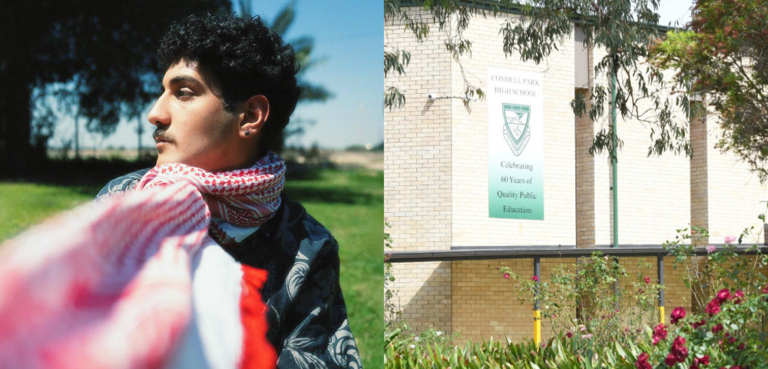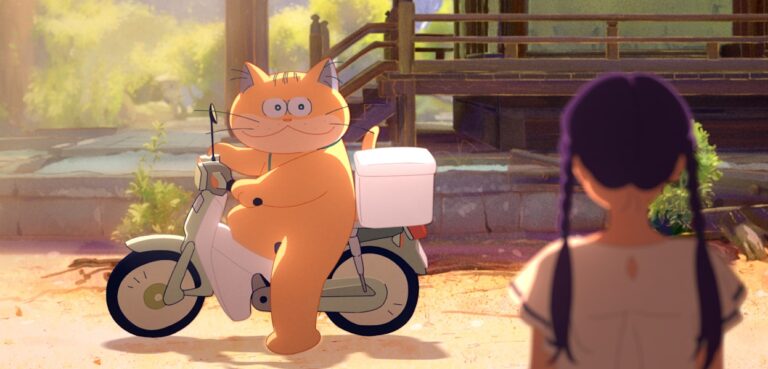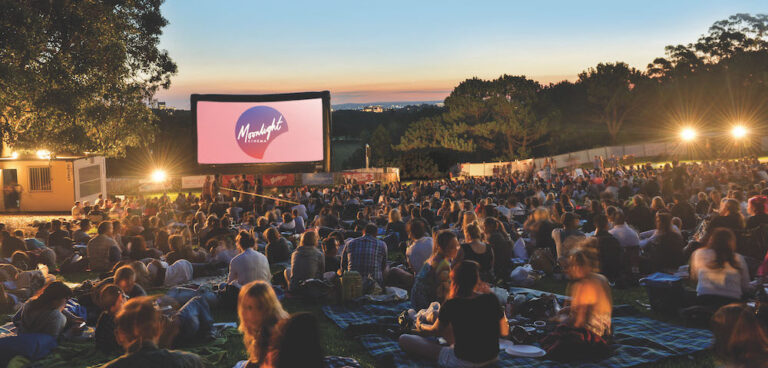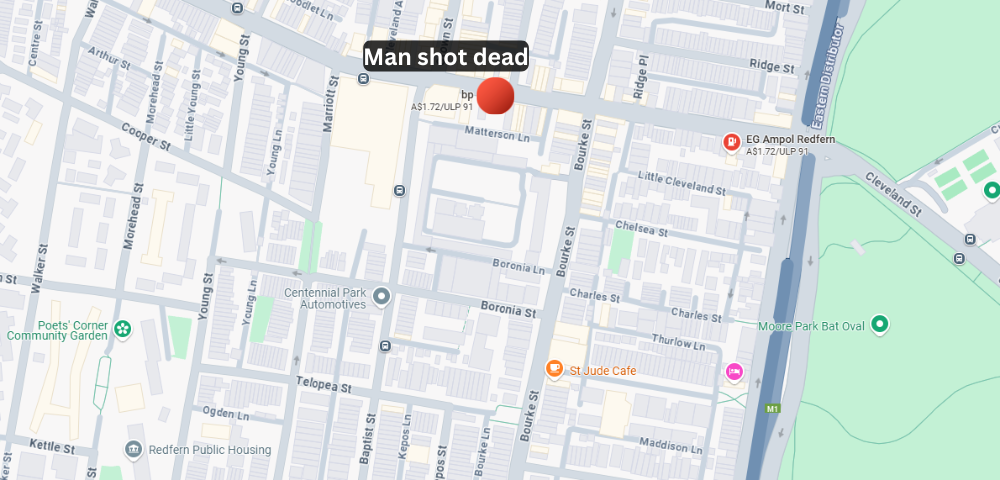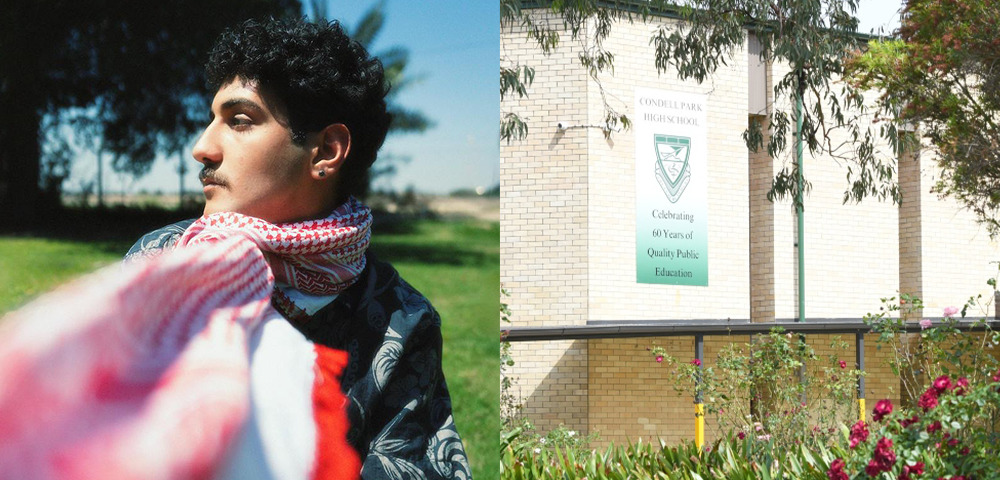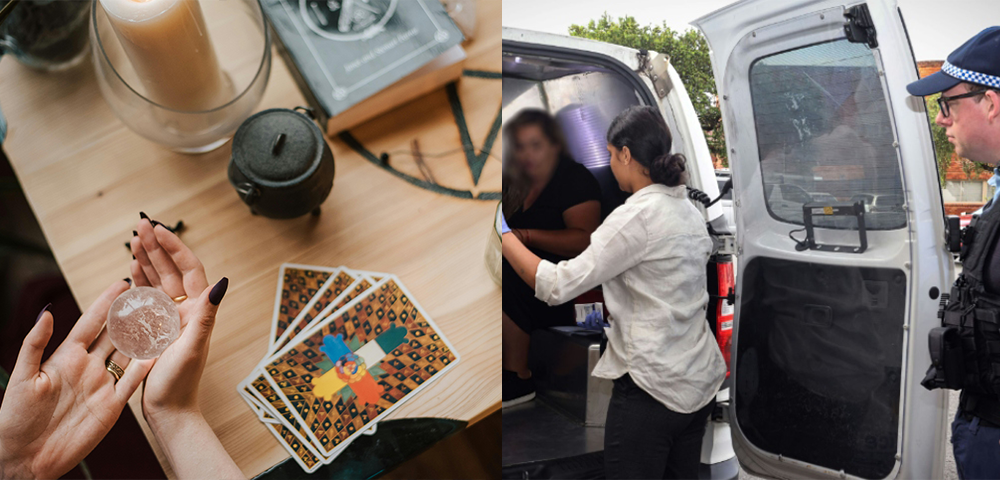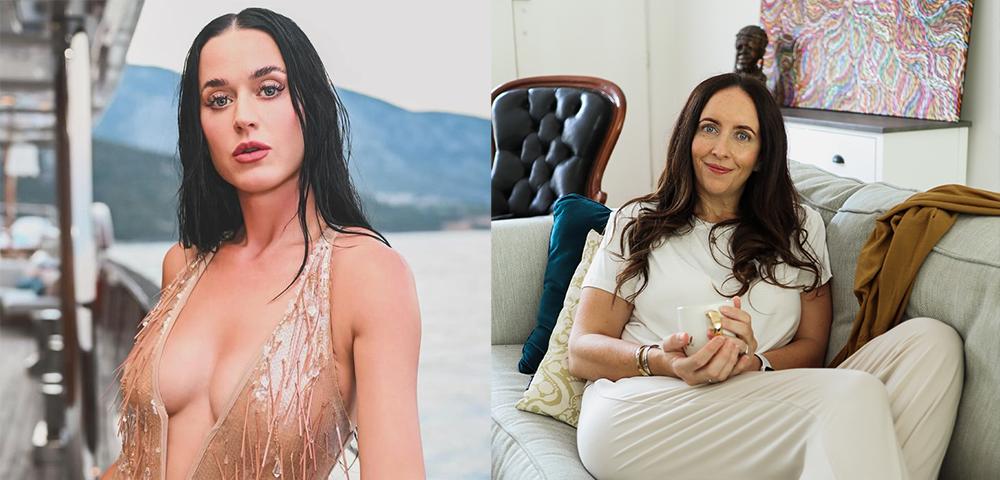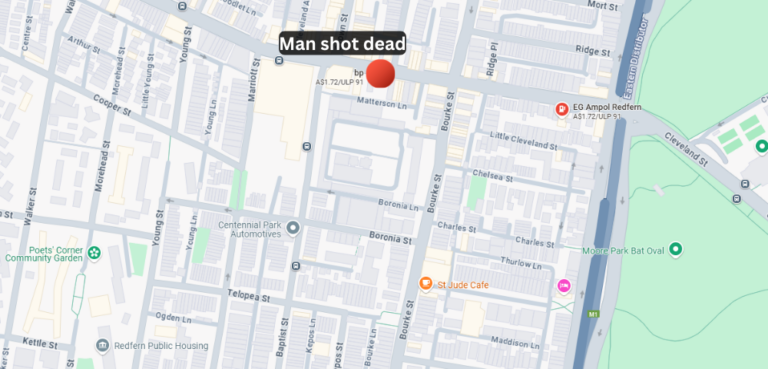
BY SHON HO
Recent criticism of the Oscars as being “whitewashed”, underscored a common concern about the lack of cultural diversity in the arts.
Not just Hollywood, but Australian theatre is trying to bring more minority voices into the spotlight.
The Lotus Asian-Australian Playwriting Program, launched by Playwriting Australia in conjunction with Performance 4a, is an initiative implemented to address the lack of racial diversity within the theatre industry.
In 2013 there were less than five published Asian-Australian plays in the country.
Funded by the Girgensohn Foundation, the Lotus Project supports the development of new plays by Asian-Australian writers across three states from Sydney, Brisbane and Melbourne.
Over the last weekend of January, twelve playwrights attended an intensive workshop in Sydney which consisted of a mix of seminars, master-classes and round table discussions. Topics included intercultural theory, creative development techniques, and processes of cultural awareness.
Sydney based Samoan playwright and actor Sopa Enari attended the Lotus workshop, where he discussed the idea that theatre is always a product of culture.
Enari said that we have only begun a much longer conversation about cultural diversity.
“We won’t necessarily be able to tap into the true diversity of theatre making in Australia until we focus more on the process rather than the product,” he said.
He said that initiatives such a Lotus are important because they provide an avenue for unconventional artists to connect directly into the art form and to access knowledge.
“We talk about homogeneity in our industry and it’s got so much to do with singular way to the stage. There is only one way to get to the main stage, it can be controlled by the majority.”
The Lotus program is in its second year of its four year run and provides training, mentoring, and professional development for emerging Asian-Australian playwrights. Its eventual aim is to get Asian-Australian playwrights in residence at major theatre companies and get Asian-Australian plays on stage in the 2019 season.
Tim Roseman, artistic director of Playwriting Australia, believes that theatre companies generally hold a socially inclusive agenda and a well-intentioned desire to develop culturally diverse work. However, he says that there is a shortage of outlets that do the legwork to discover new voices in the industry.
“Unless we are very actively, directly challenging preconceived cultural biases, then the conversation stays the same and becomes a self-perpetuating problem,” he said.
Roseman said that a non-representative landscape is also facilitated to some degree by the existence of a canon which promotes a theatrical tradition that is still highly Eurocentric.
“Most theatre makers in Australia are white, they come from a tradition of white plays that are hundreds of years old and therefore there are troupes and rules and conventions that are ingrained.”
Roseman said it was time for action on cultural diversity, not more conversation.
“The longer you don’t do it, you simply put off it being done. It’s not that it’s going to get there anyway. There’s no generalised cultural osmosis that is going to happen. It’s going to happen because of an interventionist process – our prioritising of the broadening of our cultural lens.”
According to Sydney theatre marker, actor and diversity programs coordinator at Playwriting Australia, Teik-Kim Pok, platforms like Lotus give artists an opportunity to advocate for their work.
“The stories are out there. They’re already making work, they’re just getting missed,” he said.
“The plays that do make money have been tested as a sellable product, they have been for decades, and have been written from a particular point of view. I think there’s a chance for theatre to take its place as a social unifier, but at the moment it’s struggling.”
According to Pok, practitioners from diverse backgrounds need to step up, run initiatives to foster opportunities, and take control of the conversation as opposed to waiting to be a part of it.
“I think as a theatrical society here in Australia we’ve not mustered enough courage to stand up and do what we know needs to be done,” Enari said.
He said that the assumption that theatres may lose mainstream audiences due to risky programming is unfounded, because it is not something that has been extensively tried.
“A question was put forward to me at a panel discussion at Belvoir once: how do we actually start to create diversity in our audiences? My response then is my response now – make the stage diverse, the audience will just follow.”
“The best hope that we have for diversity is that it doesn’t become its own genre. It should become a part of our theatre culture.”
Rosie Dennis, the artistic director of Urban Theatre Projects, a company based in western Sydney, said she believed that the theatrical landscape does not reflect the populace.
“At Urban Theatre Projects we are committed to investing in new Australian theatre and putting voices on stage and telling stories that maybe haven’t been told before,” she said.
Currently, in conjunction with Belvoir Street, UTP is presenting The Tribe, an adaptation of a novella written by Michael Mohammed Ahmad. The Tribe taps into the tradition of oral storytelling and presents an intergenerational Arab-Australian Muslim story about a young boy and his grandmother.
Ms Dennis said it is the kind of play people wanted to see. “Something like that is exactly the kind of work we like to make and support because it’s a story that you don’t often hear. It feels real, and it feels authentic,” Dennis said.
The faces on stage, Dennis said, need to be representative of people from all backgrounds, from the eastern suburbs to the west, if such stories are to be properly told.
“The thing to start with would be bolder choices in casting and just start to think about what Australia looks like, and what Sydney looks like,” she said.
“To the people who are scared about cultural diversity, don’t, it’s not a disease and actually you live it every day anyway so why turn your back on your reality?” Enari said.
“And for the people who are committed to developing and engaging our society in the idea of diversity, just shift the gear up a notch and keep on going. Be unrelenting about the fact that we have to accept that that’s who we are.”
